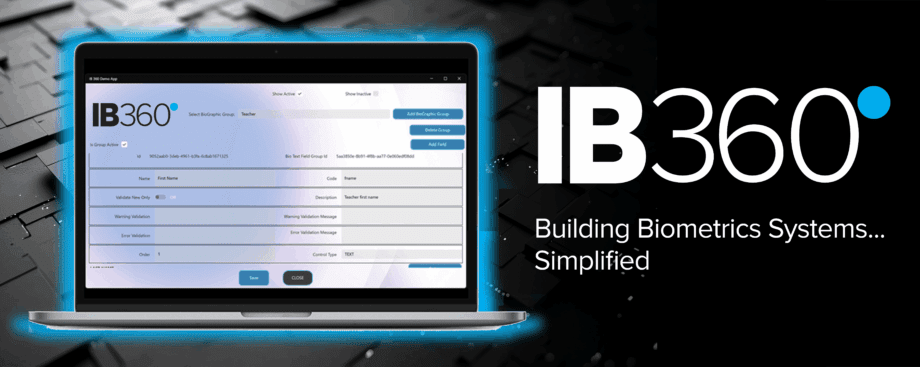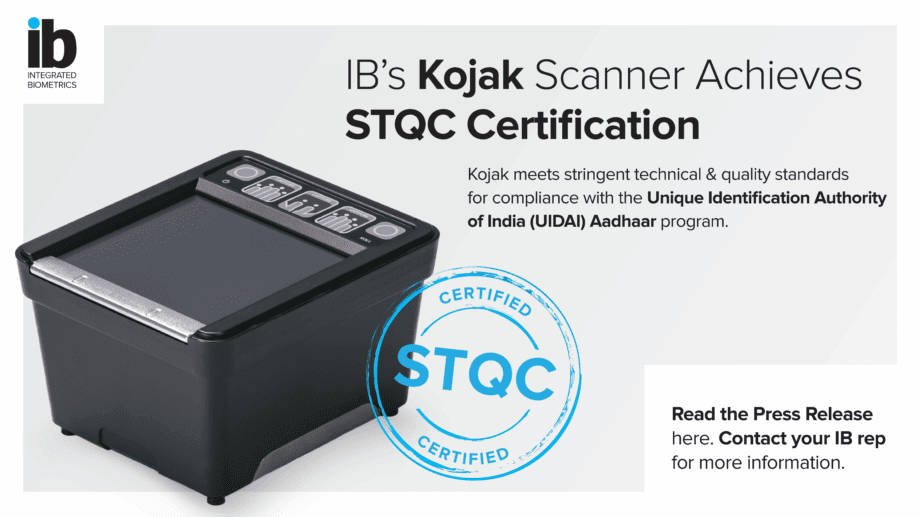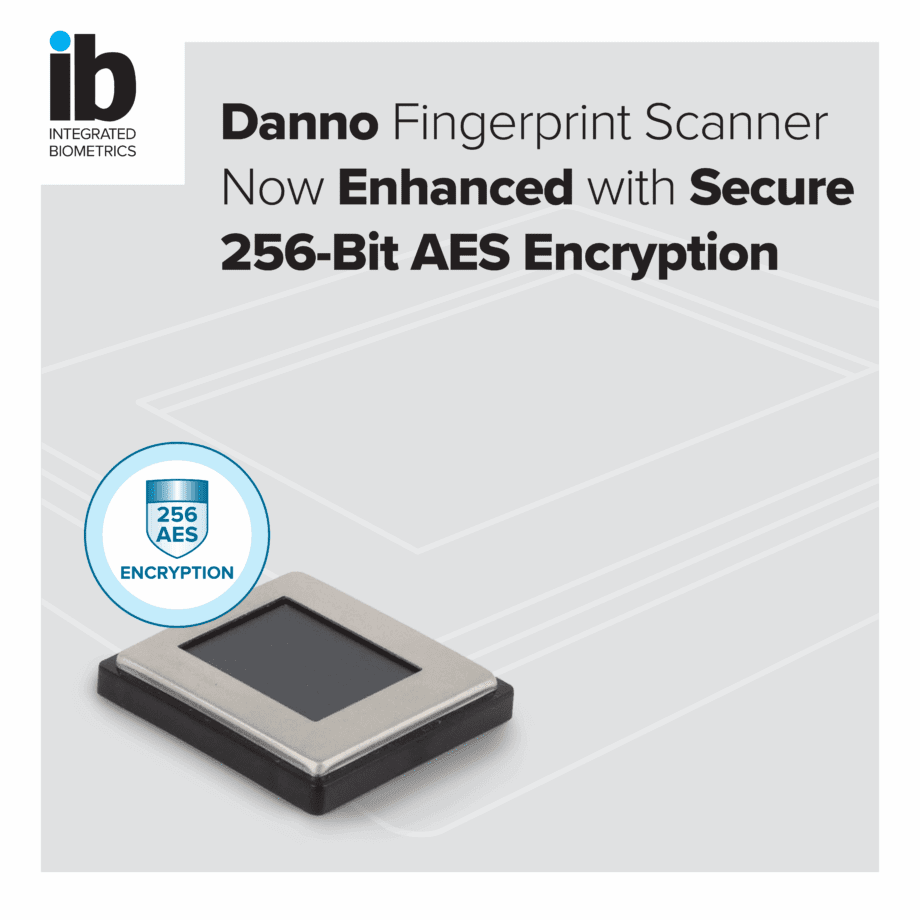A CONTROVERSIAL LEGAL MARIJUANA DISTRIBUTION PROGRAM IS UNDERWAY IN URUGUAY, WITH INTEGRATED BIOMETRICS‘ FINGERPRINT SCANNERS ENABLING A RANGE OF GOVERNMENT-IMPOSED LIMITATIONS, AS WELL AS ALLOWING FOR USER ANONYMITY.
Planning for the program began in the South American nation of 3.4 million people in 2014, when former President José Mujica singed a bill to legalize recreational use of marijuana, in limited amounts, by Uruguayan citizens. The bill, which gives the government control of every aspect of the marijuana trade from production through distribution, was aimed at reducing crime associated with the drug trade, and other social benefits, but has been contentious both domestically and internationally.
The program roll-out is now fully complete. While it has been plagued by setbacks, the technical aspect has been completely successful, Integrated Biometrics Senior Director for Latin America Jim Bell told Biometric Update in an exclusive interview.
Like most government projects, the cost was a factor in the government’s procurement process, but the Integrated Biometrics Watson had to meet the cost requirement while also working in a self-service environment without frequent maintenance or attention from biometrics professionals for a population largely employed in agriculture.
This means the scanner is required to take numerous prints from citizens without being operated or maintained by experts, without frequent cleaning and without interference from latent prints.
“Since these scanners are not in locations where people are going to be knowledgeable about fingerprint technology, they have to be relatively simple to use, and they can’t require a lot of maintenance by the operators,” Bell says. “Integrated Biometrics has some distinct advantages in its technology related to not having requirements for constant use.”
Citizens can enroll for the program at some post offices, and can authenticate their identity anonymously at participating pharmacies. The request is sent to a central database which contains the fingerprint images of enrolled citizens, and how much marijuana they have purchased in the month, but no name or other biographical information, to ensure anonymity. The system returns a yes or no response to the pharmacist, based on whether the person is enrolled in the system and below his or her monthly limit.
So far, the program has been successful for between 50 and 150 thousand users. Through the system integrator, Integrated Biometrics has supplied “a few dozen” scanners for enrollment, and over 600 for authentication at POS locations in pharmacies.
“We had technical superiority, and a good value for the customer, and the most important thing for this project was reliability,” Bell says. “Those were the issues, we proved them, and it’s been a very successful project technically. The delays in the project were business issues, political issues, but not technical ones.”
The lack of technical problems with the program roll-out was hardly a surprise, though it was a relief, given its visibility as the first national program of its kind in the world, and the other challenges it has faced. Other nations in the region have discussed marijuana legalization and regulation schemes, and could be prospective customers for similar systems, but for now other countries are taking a wait-and-see approach, Bell explains.
“If the statistics bear out what the previous administration of Uruguay thought that they would, I have no doubt that other countries would follow suit. I know that a number of them have talked about it. Mexico talked about it last year, but that’s a country of 112 million people, and a much larger country geographically.”
Integrated Biometrics’ other regional programs include a social inclusion banking scheme in Mexico. Bell says social inclusion efforts involving formalizing identities for financial services will be a big market driver in the region. Integrated Biometrics won contracts with 12 of Mexico’s 15 largest financial services companies in the past year to help them prepare for an incoming law mandating biometric access availability in the country.
New applications of biometrics are becoming rare, as the industry matures, particularly ones which draw such public scrutiny. The success of the program from a technical standpoint can only encourage future projects of the same kind, and the continued progress of biometric identity systems in general.
View the original post from “Biometric Update” written by Chris Burt here.
About Integrated Biometrics
Integrated Biometrics (IB) is a global leader in advanced biometric technology. Renowned for revolutionizing fingerprint scanning through its proprietary, FBI-certified Light Emitting Sensor (LES) technology, the company delivers cutting-edge fingerprint scanners, seamless biometric system integration software, contactless fingerprint capture, and comprehensive identity management beginning with infant identification solutions.
Trusted by organizations worldwide, Integrated Biometrics serves critical sectors such as law enforcement, military, election validation, financial services, and national identity programs. Its robust, high-performance products enable fast and accurate enrollment, identification, and verification, even in remote and extreme environments. IB continues to redefine the possibilities of biometrics—Impacting Lives Through Identity.





